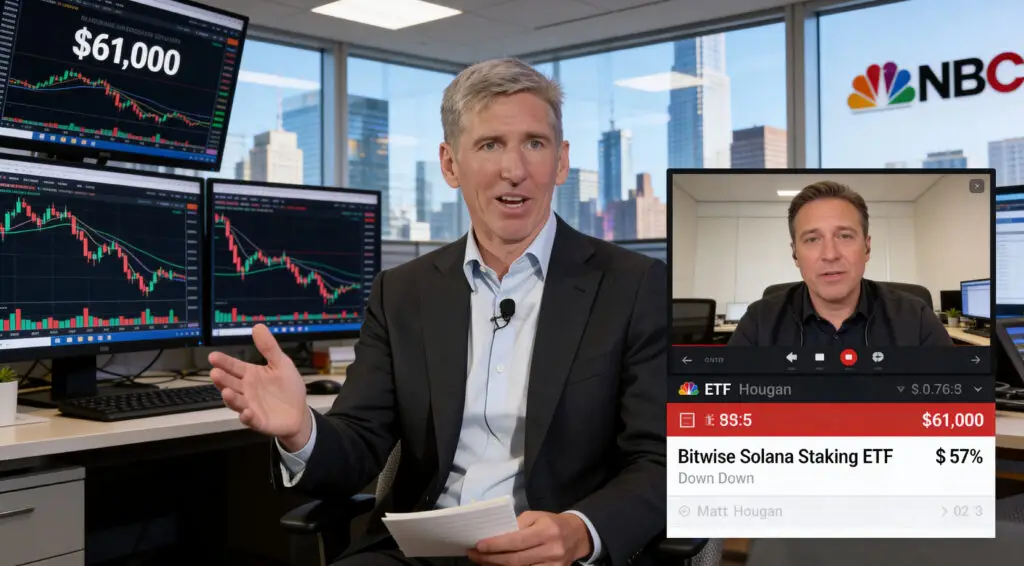Defense Challenges Federal Indictment
The defense team representing Luigi Mangione has launched a forceful challenge against the federal indictment that makes him eligible for the death penalty.
In their Saturday filing, attorneys argued that overwhelming pretrial publicity and political bias from officials have destroyed his chance of receiving a fair trial. They claim the legal process has been tainted from the beginning, turning what should be a judicial matter into a political spectacle.
Allegations of Political Influence
At the heart of the defense’s argument is the claim that the push for the death penalty is rooted in politics, not merit. Lawyers said U.S. Attorney General Pam Bondi and other officials repeatedly sought to portray Mangione as guilty in public before the trial even began.
They contend these statements went beyond acceptable commentary and instead served to sway public opinion while advancing political agendas.
Perp Walk Criticized as Unconstitutional
Mangione’s attorneys also targeted the high-profile “perp walk” that saw their client televised while shackled and escorted from a helicopter. They argue the display was “dehumanizing” and served no legitimate law enforcement purpose other than to prejudice jurors and the public.
According to the defense, such actions directly violated constitutional protections and created irreversible bias in a case that could result in the death penalty.
Recommended Article: Charlie Kirk Assassination: Text Messages Spark Wave of Conspiracy Theories
Attorney General’s Remarks Under Fire
Defense attorneys took particular issue with Bondi’s April directive to federal prosecutors to seek capital punishment. In her public statement, Bondi labeled the crime “an act of political violence,” despite the fact that Thompson was a healthcare executive with no ties to political office.
Lawyers countered that these remarks mischaracterized the case and made it clear that the death penalty decision was politically motivated. They argue that when the top law enforcement official calls a defendant guilty in advance, due process is compromised.
Partial Victory in State Court
While the federal case moves forward, Mangione’s defense team recently secured a small but notable victory in state court. Judge Gregory Carro dismissed two terrorism-related murder charges, ruling there was insufficient evidence to support claims that the killing was tied to terrorism.
However, the judge declined to dismiss another second-degree murder charge, meaning Mangione will still face serious accusations in state proceedings. For the defense, the dismissal provided some vindication, but the broader battle continues.
Prosecution Pushes Forward
Prosecutors remain confident and have vowed to pursue the case aggressively despite the defense’s attempts to dismiss charges. In a public statement, the Manhattan District Attorney’s Office emphasized their commitment to securing justice for Brian Thompson. “We respect the Court’s decision and will proceed on the remaining nine counts, including Murder in the Second Degree,” the office said. Prosecutors maintain that the evidence against Mangione—including allegations that he tracked Thompson’s movements and ambushed him with a 9mm pistol—is strong enough to warrant conviction.
What Comes Next for Mangione
Mangione’s next federal court appearance is scheduled for December, where pretrial motions will take center stage. His attorneys will continue pressing for dismissal of the indictment, arguing that constitutional violations and political interference make the proceedings fundamentally unfair.
If the case proceeds to trial and Mangione is convicted on federal charges, he could face the death penalty. The defense insists that outcome would represent a miscarriage of justice, while prosecutors argue it would reflect accountability for a calculated and brutal crime.
Broader Implications of the Case
The legal battle raises significant questions about the intersection of politics and justice in high-profile federal cases. Critics warn that if prosecutors and top officials are seen as using capital punishment to score political points, public confidence in the fairness of the legal system could erode. Supporters of the prosecution, however, argue that Thompson’s murder warrants the harshest penalty available under law, regardless of political considerations. As the December hearing approaches, both sides are preparing for a legal showdown that may set precedents on how politics influences death penalty cases.















